Posted on 4/29/2023

Mercedes-Benz comes in 2023 with the same speed it has had since it was founded. There are a variety of models, some new and others just revamped, but all of them carry the luxury and comfort that the brand stands for. But what are some of the best ones for this year? Well, we are here to answer exactly that - continue reading if you want to find out three of the best Mercedes-Benz models of 2023! 2023 Mercedes‑Benz GLS - SUV Our pick for an SUV from the German automaker is the GLS. It offers a luxurious and futuristic approach to the interior and a sleek exterior look. It has a big infotainment system with all kinds of quirks and features. In general, it's very spacious and has plenty of storage room in the trunk. Here are some of its specs: 3.0L turbo inline-6 362 Horsepower 9 Speed Automatic 7 Passenger capacity 2023 Mercedes-Benz C300 -Sedan The C300 comes on our list for a couple of reasons. Starting from its exterior, it's sl ... read more
Posted on 3/27/2023
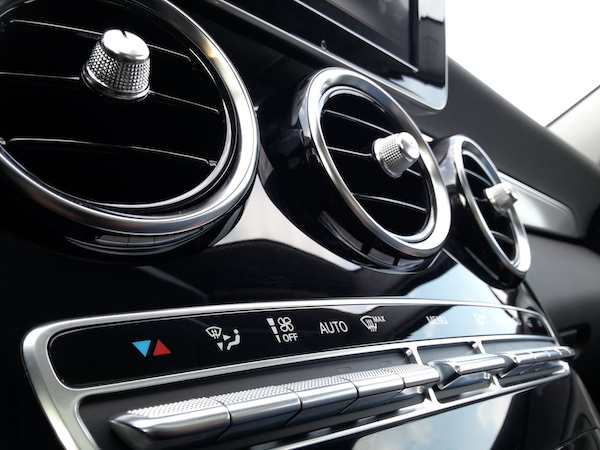
Mercedes-Benz vehicles are known for their advanced climate control systems providing comfort and convenience for drivers and passengers. If you want to learn more about the complexities of Mercedes-Benz's climate control systems and common repairs needed to keep your system functioning properly, keep reading. How Do Mercedes-Benz Climate Control Systems Operate Mercedes-Benz's climate control systems use a variety of sensors and components to regulate the cabin's temperature, humidity, and air quality. These systems include: Temperature sensors - These sensors measure the temperature inside the cabin and send signals to the climate control unit to adjust the temperature accordingly. Humidity sensors - These sensors measure the humidity inside the cabin and adjust the climate control system to maintain a comfortable level of humidity. Air quality sensors - These sensors detect pollutants and other harmful substances i ... read more
Posted on 2/27/2023
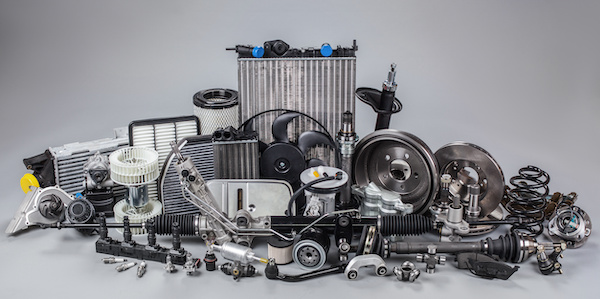
The COVID-19 pandemic has had a profound impact on many industries, and the auto repair industry is no exception. Independent auto repair shops, in particular, have faced a number of challenges due to the pandemic, including reduced business, supply chain disruptions, and increased safety protocols. In this blog post, we'll take a look at how independent auto repair shops have been impacted by the pandemic and the current state of the industry. Reduced Business: Many people are experiencing financial hardships due to the pandemic, making them less likely to invest in expensive repairs or maintenance. Supply Chain Disruptions: The pandemic has also had an impact on the supply chain for auto repair shops. Many parts manufacturers and distributors have had to close or reduce production due to the pandemic, which has made it more difficult for auto repair shops to obtain the parts they need to complete repairs. Additionally, with many shipping and logistics companies ... read more
Posted on 1/30/2023
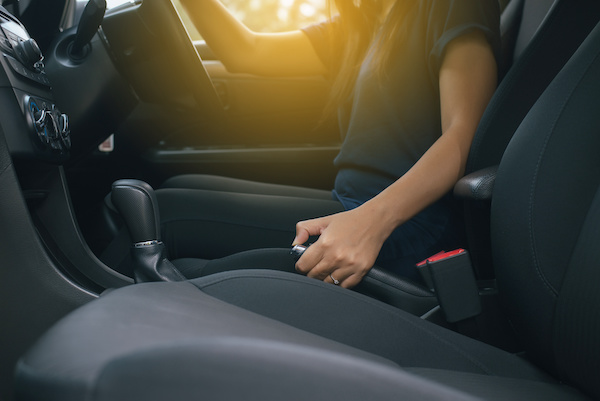
For many new and inexperienced drivers, there may be confusion about how and when to use the emergency brake. The emergency brake (or parking brake, e-brake, handbrake) is a secondary brake measure that tends to be misused and underused. Today, we will set everything straight and lay out when and how to use the e-brake. First off, the parking brake is a backup measure that works completely separately from your service brakes. That is why most people know to use it when your service brakes fail unexpectedly. The emergency brake is very secure at holding your vehicle in place, which is why it should also be used on other occasions. When to Use the Emergency Brakes Because emergency brakes are named the way they are, people tend to only know to use them during emergencies. However, you should always be using your e-brakes. To be specific, you should engage these brakes whenever you park your vehicle. That is why some people call the emergency brakes - parking brakes n ... read more
Posted on 12/30/2022
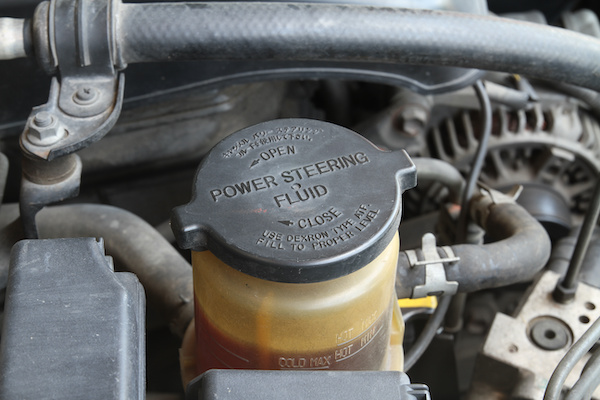
Power steering fluid is essential to your vehicle's power steering system. It helps lubricate and cool the components, allowing for smooth operation and preventing wear and tear. The question is: does it need to be replaced? Let's take a look at what you should know about power steering fluid to make an informed decision. The Basics Power steering fluid is hydraulic oil that circulates through the engine's power steering pump, hoses, and cylinders to assist with turning the wheels while driving. It also helps reduce slippage between moving parts, known as frictional losses. This reduces the amount of effort required by the driver when turning the wheel. If the fluid is old, contaminated, or low in level, it could lead to reduced effectiveness of the power steering system. When to Replace It Power steering fluid should be replaced regularly – typically every two years 50, 000 miles. More frequent replacements may be necessary if you drive your car frequently or un ... read more
Posted on 11/30/2022
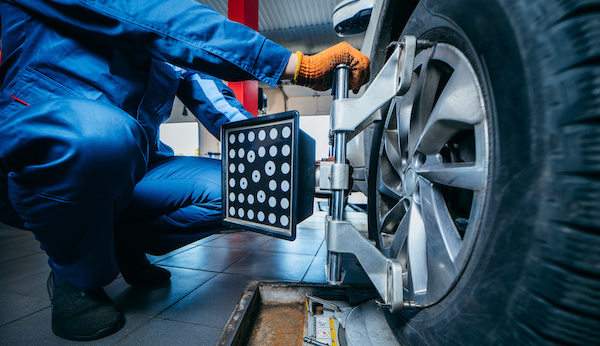
Have you wondered how your Mercedes-Benz drives straight and turns when you want it to? When the wheels become misaligned, you may not have a choice and struggle to keep your car going straight. Many things can cause your car wheels to knock out alignment, including speed bumps and potholes. To prevent accidents and costly repairs, the team at Jeff’s Mercedes Auto Service would like to educate you on how to spot misaligned wheels. Sign #1: Off-Centered Steering Wheel Does your steering wheel always look crooked? If you have to grip your steering wheel super hard to keep your vehicle going on a straight path, it is a tell-tale sign that your Mercedes-Benz is due for alignment service. Sign #2: Vehicle Shakiness While your Mercedes-Benz struggles to drive straight, it will likely cause vehicle vibrations or shakiness. You might feel it in the steering or throughout the vehicle. Sign #3: Uneven Tire Wear Your tire treads can give a lot away regarding how your vehi ... read more
Posted on 10/27/2022
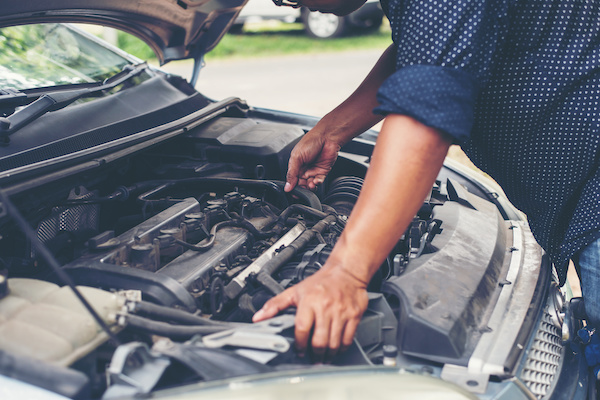
One word, never skipped a vehicle service! Every vehicle service counts in every vehicle service means that you run less of a risk running into problems with your vehicle. Let's look into why not missing vehicle services is significant. Higher risk of problems When you miss a vehicle service you missed the chance to find out if there's any potential issues with the vehicle. They said if your vehicle does have any problems these could worsen and lead you in to accidents later on. Regular vehicle servicing helps you and your mechanic keep up to date with your vehicles current state. Higher fuel consumption In case you didn't know a problematic vehicle consumes way more fuel than a well-functioning vehicle. So missing vehicle services and not finding out problems such as oil leaks etc can lead to a vehicle consuming fuel at a much higher rate. This can be avoided through regular vehicle servicing. Worn out vehicle The less you service your vehicle the less you know abou ... read more
Posted on 9/30/2022
.jpeg)
Whether you drive an A-class, B-class, C-class, S-class, AMG, etc, all cars have universal warning lights. When you catch a warning light on your Mercedes-Benz, it can be daunting and stressful to deal with. You might wonder, “Is it safe to drive?”,”What does it all mean?”, etc. We’re here to provide you with the ultimate dashboard warning light guide for Mercedes-Benz. First things first, you can answer the question, “is it safe to continue driving”, by looking at the color of the warning light: Yellow/Orange: When your light is this color, it means something is not working correctly. You can carry on driving with caution. Make sure you have your vehicle inspected ASAP. Red: Whereas, red means a severe and potentially very dangerous issue. If your warning light is red, it is best for you to pull over and stop driving as soon as possible. Next, you will want to understand what the symbol of the warning light means. Some dashboard war ... read more
Posted on 8/31/2022

A Mercedes-Benz is a hefty investment, and you expect it to steer seamlessly and easily. While these luxury vehicles are known to do so, their steering systems can wear down over time. One of the scariest situations you can be in while behind the wheel is having a locked-up steering wheel. While this problem is rare in newer models of Mercedes-Benz than older models, it can still occur to any of us. A stiff steering wheel can be caused by any of the following: Power steering system failure: The power steering pump makes up a huge portion of the steering system. Over time, this part is prone to get stuck or jammed with contaminants in between. If your Mercedes-Benz has a hydraulic steering system, another potential cause is low or dirty power steering fluid. If you suspect a leak with power steering fluid, please bring your car or SUV to Jeff’s Mercedes Auto Service for help. Suspension: In some cases, your steering wheel can stiffen up due to worn suspension part ... read more
Posted on 7/25/2022
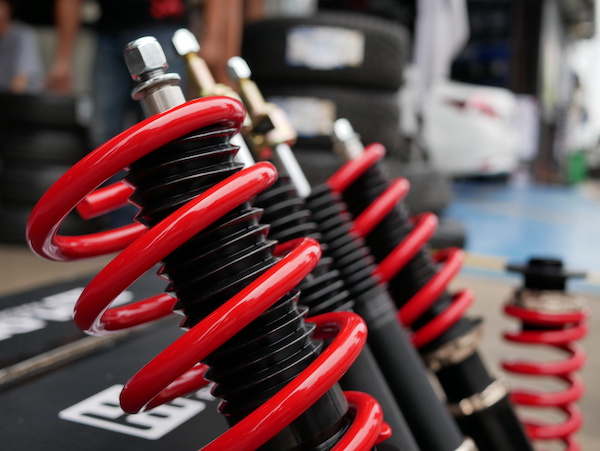
Your Mercedes’s suspension has three main jobs: To keep the wheels in contact with the road, To cushion the effects of uneven pavement and keep the ride smooth and comfortable, To prevent extreme sway as the car negotiates turns. This work is carried out by shocks or struts or a combination of both. A shock contains a spring and a damper unit and is typically mounted between the axel and the car chassis. When the wheel hits a pothole the spring compresses, absorbing much of the shock. The damper's job is to control the wheel as the spring compresses, then decompresses after passing the bump. Without the damper, the spring could go into a compress-decompress cycle which would feel like the car was bounding down the road. The struts are dampers that control the car's sway as it turns. When you turn right, for example, the car (and its contents) wants to continue straight. Weight is transferred left and the car sways in that direction. Struts keep the ca ... read more